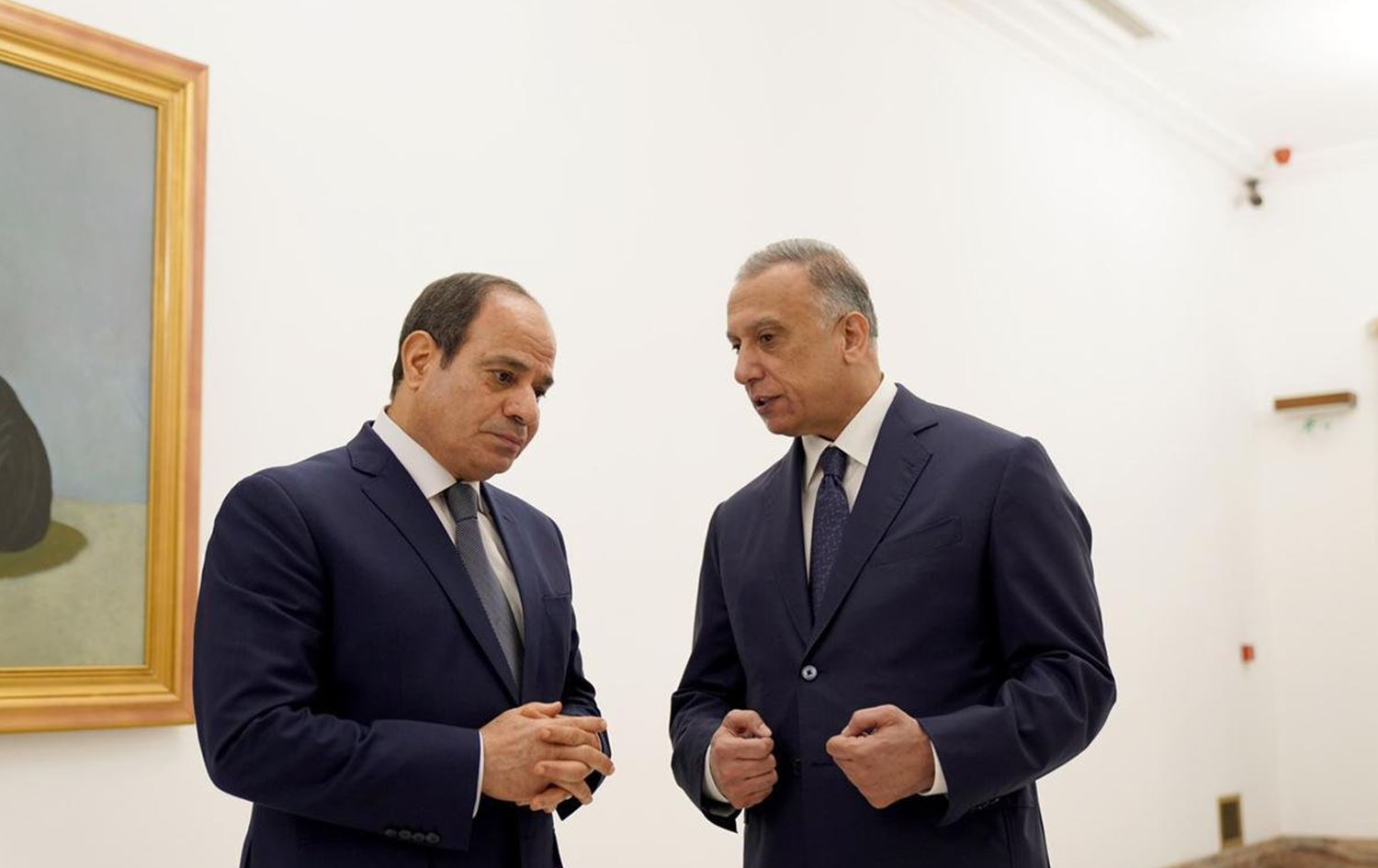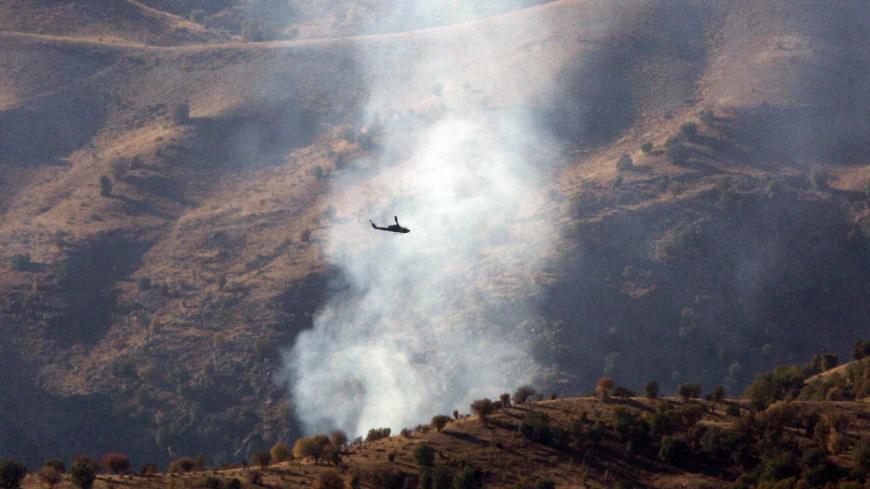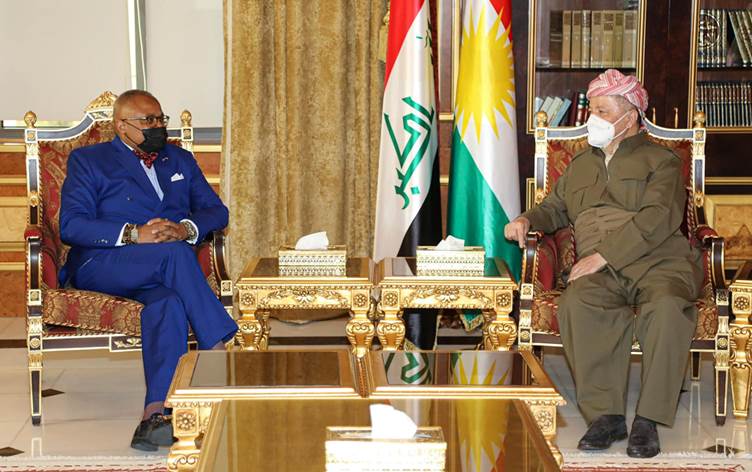Shkoi Kurdistan-
Iran’s new bill on women’s sexual and reproductive health further violates their rights and puts them at risk by denying essential health services, Human Rights Watch (HRW) said on Wednesday, calling on Iranian authorities to “repeal the provisions that restrict human rights.”
The bill approved by Iran’s Guardian Council on November 1, titled “rejuvenation of the population and support of family”, seeks to increase population growth by restricting access to abortion unless in cases where there is a direct danger to the woman’s life, or she has mental or physical disabilities that means she is unable to conceive a child. Additionally, the bill would extend existing restrictions on access to contraception among Iranian women, banning the free distribution of contraceptives in the public healthcare system.
The bill was first approved by Parliament on March 16, and is expected to become law within the next month. Iran is among countries with the lowest proportion of women in parliament, with only 5.6% as of February 2021.
“The population growth law blatantly undermines the rights, dignity, and health of half of the country’s population, denying them access to essential reproductive health care and information,” Tara Sepehri Far, senior Iran researcher at HRW commented on Wednesday.
While the bill has some benefits for those with children, such as increasing employment benefit for pregnant women, providing paid leave during pregnancy or the option to work from home for up to four months, medical appointment leave for women with children under the age of seven, and the prohibition of firing and transferring pregnant women or those who are breastfeeding, Human Rights Watch have criticised the bill for blatantly discriminating “against women to reinforce the concept of women’s primary role as mothers in charge of child-rearing.”
The bill does not address discrimination at work or in hiring practices in Iran among childless women, and its pursuit of an increased population comes at the cost of increasing unsafe and illegal abortions.
Most abortions in Iran take place illegally. According to Kubra Khazali, head of the Women’s Social Council in Iran, 600,000 illegal abortions are carried out annually.
The bill further limits access to safe abortion in Iran and obliges the Iranian Intelligence Ministry and other security agencies to identify and refer cases of “illegal abortion” and “the sale of illegal abortion drugs” to judicial authorities, forcing women to resort to other dangerous practices of abortion, according to HRW.
“Expecting to achieve population growth by restricting the right to health and privacy is a delusional understanding of policymaking and one that will only lead to rights abuses,” Sepehri Far added.
According to HRW, the bill “mandates Iran’s state broadcasting agency to produce programs encouraging women to have children and denouncing decisions to remain single, have fewer children, or have abortions.”
Discrimination against women is prevalent in Iran, including in the workforce. “Women in Iran confront an array of legal and social barriers, restricting not only their lives but also their livelihoods, and contributing to starkly unequal economic outcomes. Although women comprise over 50 percent of university graduates, their participation in the labor force is only 17 percent,” a HRW report commented in 2017.
Under Iran’s civil code, a husband can prevent his wife from taking a certain job if he deems it to be against “family values”, a 2020 report by HRW said.
Data published by the Statistics Center in 2020 showed that Iran’s lowest birth rate “in eight years” was recorded between March 2019 to March 2020, reported by the Tehran Times. The decrease in the fertility rate is due to numerous factors, including financial issues, urbanization and education.




